Coast Guard Aircraft Mechanic - The flying and performing search and rescue. The anticipation as you arrive on the scene and pull into a hover. You swing open the cabin door and see the small light bobbing in the darkness below.
You motion for the rescue swimmer to move towards the door and feel the cold salty spray of the ocean just thirty feet below and call out over the intercom, “Rescue checklist part 2 complete. Ready to deploy swimmer.”
Coast Guard Aircraft Mechanic
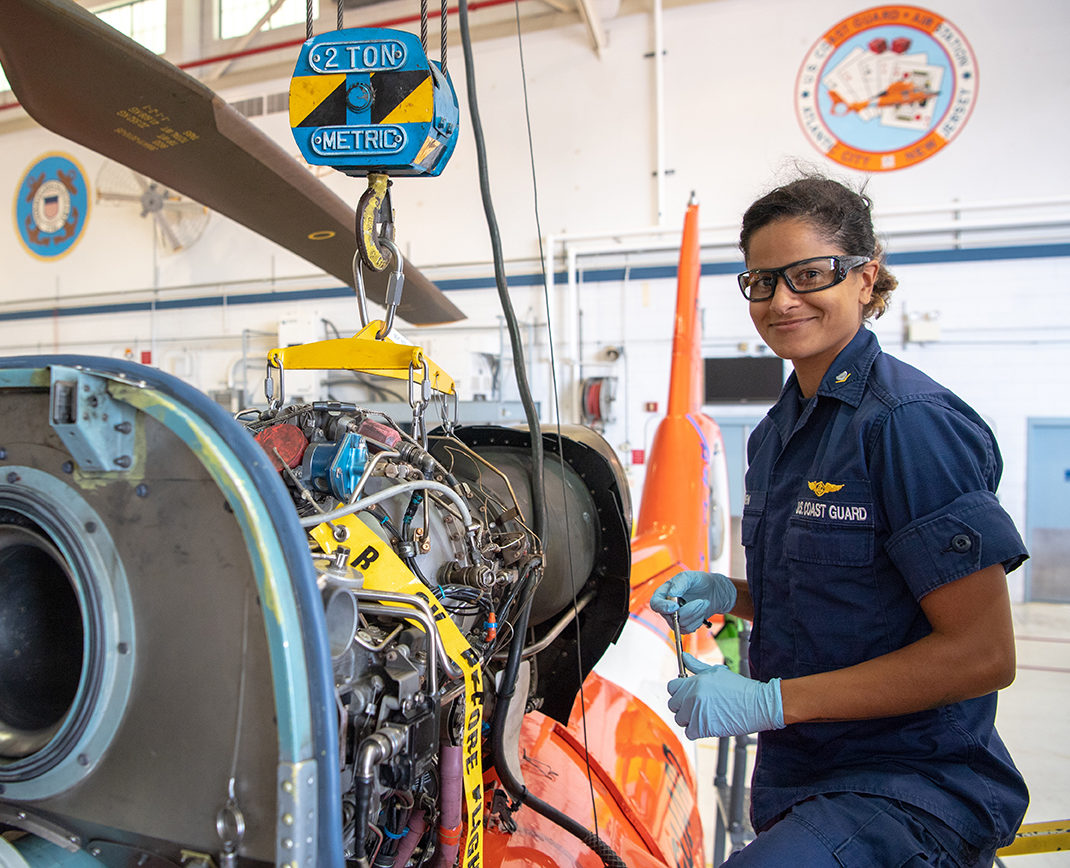
The pilot replies with “Roger, conn me in.” “Roger,” I say, “Forward and right 40”…..you get in the zone. What feels like an hour takes maybe half that. You complete the hoisting evolutions, close the door, and you're on your way home, adrenaline still pumping.
You assist the swimmer with stabilizing and comforting the survivor. There is nothing like the feeling of saving someone's life. Well we've covered the Air Force, the Army, the Navy, and the Marines. Today we finally round out our tour of the armed forces by featuring a Coastie.
Adam Sustachek offers us an inside look at life in the US Coast Guard. Thanks for the awesome interview, Adam! Kraft has been in three aircraft accidents and walked away each time. During his last recovery session, he found a new passion for aviation training.
When he retired from the military, he founded the Aviation Institute of Maintenance Atlanta Metro. Here at AIM, Kraft is the go-to person for any question in the building and is currently serving as the Day Program Coordinator.
We are so happy Kraft has decided to continue his aviation career by teaching new mechanics so that the passion he has for aviation can be planted in future mechanics. 4. You serve in the Coast Guard as a Helicopter Flight Mechanic.
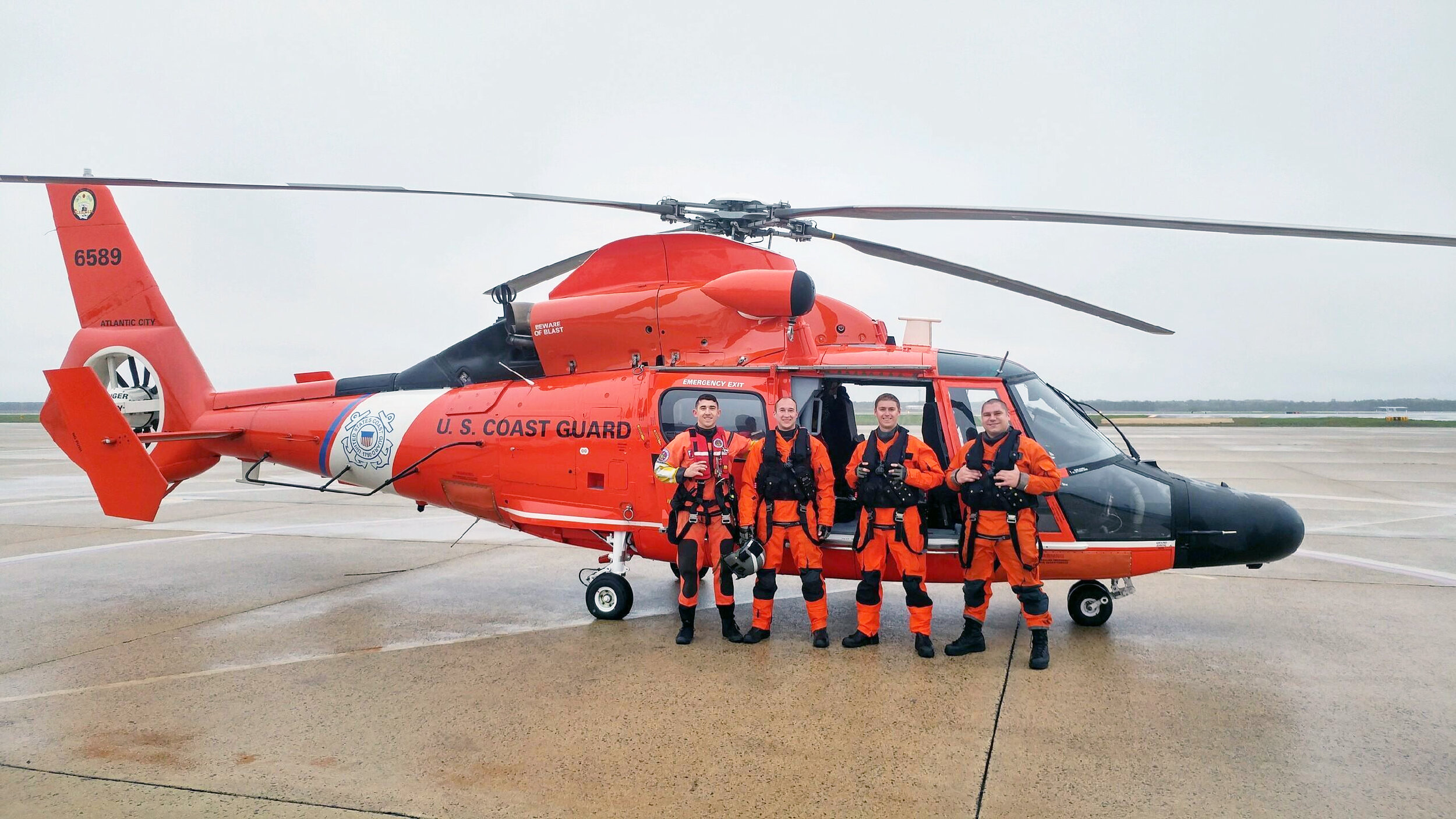
How much choice do you get in what job you are assigned to? Do you apply for what job you want and how does that process work? The Art of Manliness participates in affiliate marketing programs, which means we get paid commissions on editorially chosen products purchased through our links.
We only recommend products we genuinely like, and purchases made through our links support our mission and the free content we publish here on AoM. 3. I think the Coast Guard remains somewhat mysterious for a lot of people because of its size and mission.
Is the process of joining generally the same as for the other branches of the military? Does the culture of the Coast Guard differ from that of other branches? Most people think that our assets stay within our local waters only.
This is indeed not the case. We have small boats, ships and law enforcement teams that deploy all over the world just like the other services. We assist with enforcing maritime treaties, clearing shipping lanes of ice during the winter, and training the coast guards of other countries.
Our core values—honor, respect, and devotion to duty, are the guiding principles used to defend and preserve the United States of America. We protect the personal safety and security of our people; the marine transportation system and infrastructure;
our natural and economic resources; and the territorial integrity of our nation—from both internal and external threats, natural and man-made. We protect these interests in the U.S. ports, inland waterways, along the coasts, and on international waters.
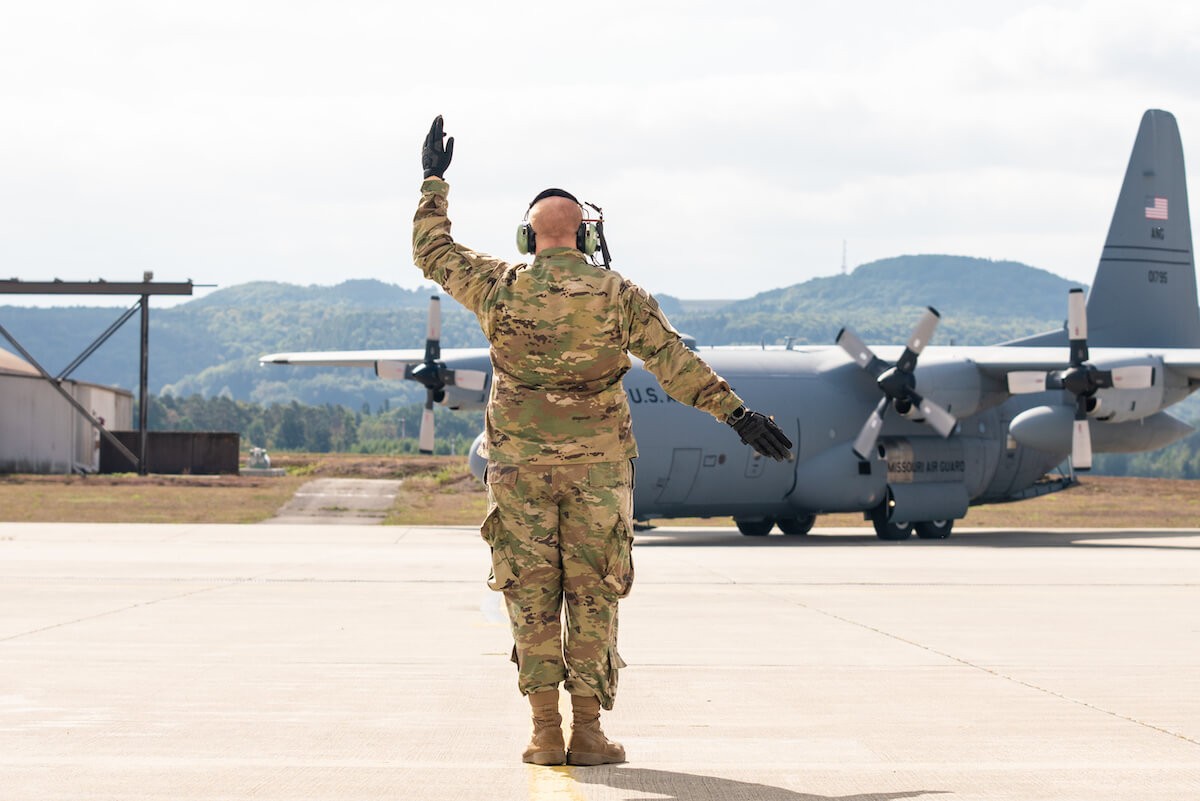
Great! The nice thing about our aircraft is that we don’t deploy much. In Kodiak, AK or Clearwater, FL you will deploy to remote locations for 2-4 weeks at a time but that's it. Most other units with the MH60 may deploy up to 2-3 nights due to search and rescue, law enforcement, or mechanical issues.
The Coast Guard is the smallest branch of the armed forces. We became part of the Department of Homeland Security after September 11, 2001. Prior to that we were part of the Department of Transportation and before that the Department of Treasury.
Our rank structure is the same as the Navy and our pay scale falls in line with that of the other services. We have been mistaken for a branch of the Navy and during wartime our assets that are assisting overseas may fall under their command.
So this may be where the confusion lies. Our aviation rating schools teach the basics on how to repair aircraft. The flight training comes when the graduate gets to their first unit. When a person signs up to be in aviation and gets approved for school there comes the understanding that that person will perform as part of a flight crew no matter the type of aircraft they end up on.
We are considered “fixers” and “flyers.” In most of the other services you are either one or the other. The culture of the Coast Guard is the same as the other services but different. Our rank structure and customs and courtesies and benefits are virtually the same.
We have the enlisted ranks, Chief's Corp and Officer's Corp. We wear a uniform, salute our officers, and respect our senior enlisted. We also have access to other military installations and their exchange and commissary stores.
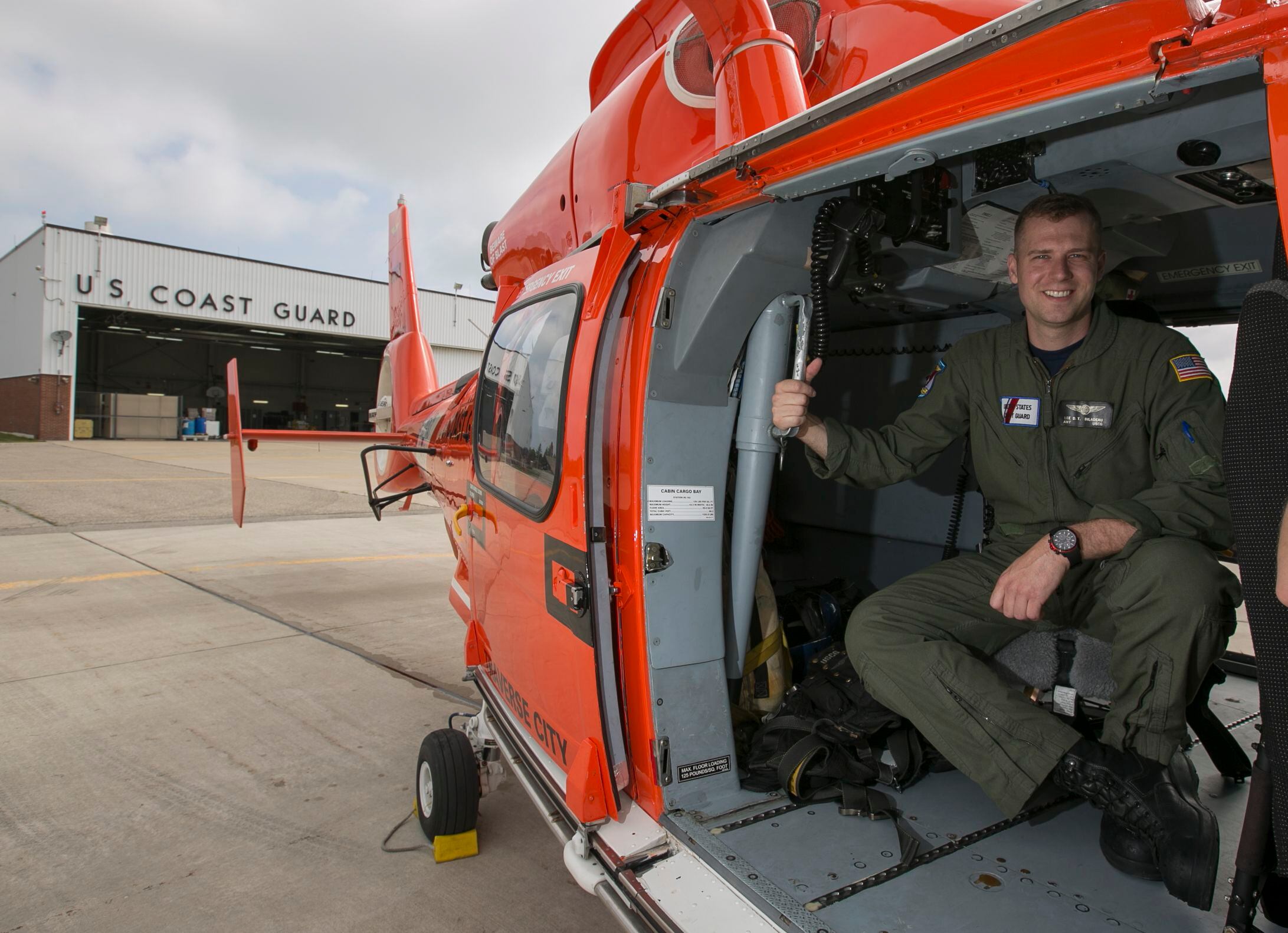
The big difference is that because we are the smallest branch of the armed forces, we tend to be more personable among our ranks. We are more like a family. When they don't make it. We launched on a case out of Kodiak, Alaska where a 5 year old boy had turned up missing in a remote village.
We found him on the beach face down at the waterline. He had fallen off a ten-foot cliff and couldn't swim. We landed in a field behind the house, ran down, grabbed the boy, and jumped into the helicopter with him and his mom.
We performed CPR all the way back to Kodiak but he was gone…… Upon graduation I requested to be on helicopters versus fixed-wing aircraft and got it. As you end your tour at a unit, usually three to four years, you submit a resume with your picks of where you want to go next.
The open spots are on what we call a “shopping list.” Sometimes you like your choices and sometimes you don't. Lucky for us it's always temporary. I am currently stationed in Sitka, Alaska, which I chose, for the second time.
I have previously been stationed in San Diego, CA, Kodiak, AK, and Elizabeth City, NC. All of them good units of which I have fond memories. If you're a boater, please make sure you have all the proper survival equipment onboard and take a boaters safety course.
The ocean is unpredictable and conditions can change in an instant. It could mean the difference between life and death for you or your loved ones. Wear your life jackets and stay safe! Oh man, every day is different!
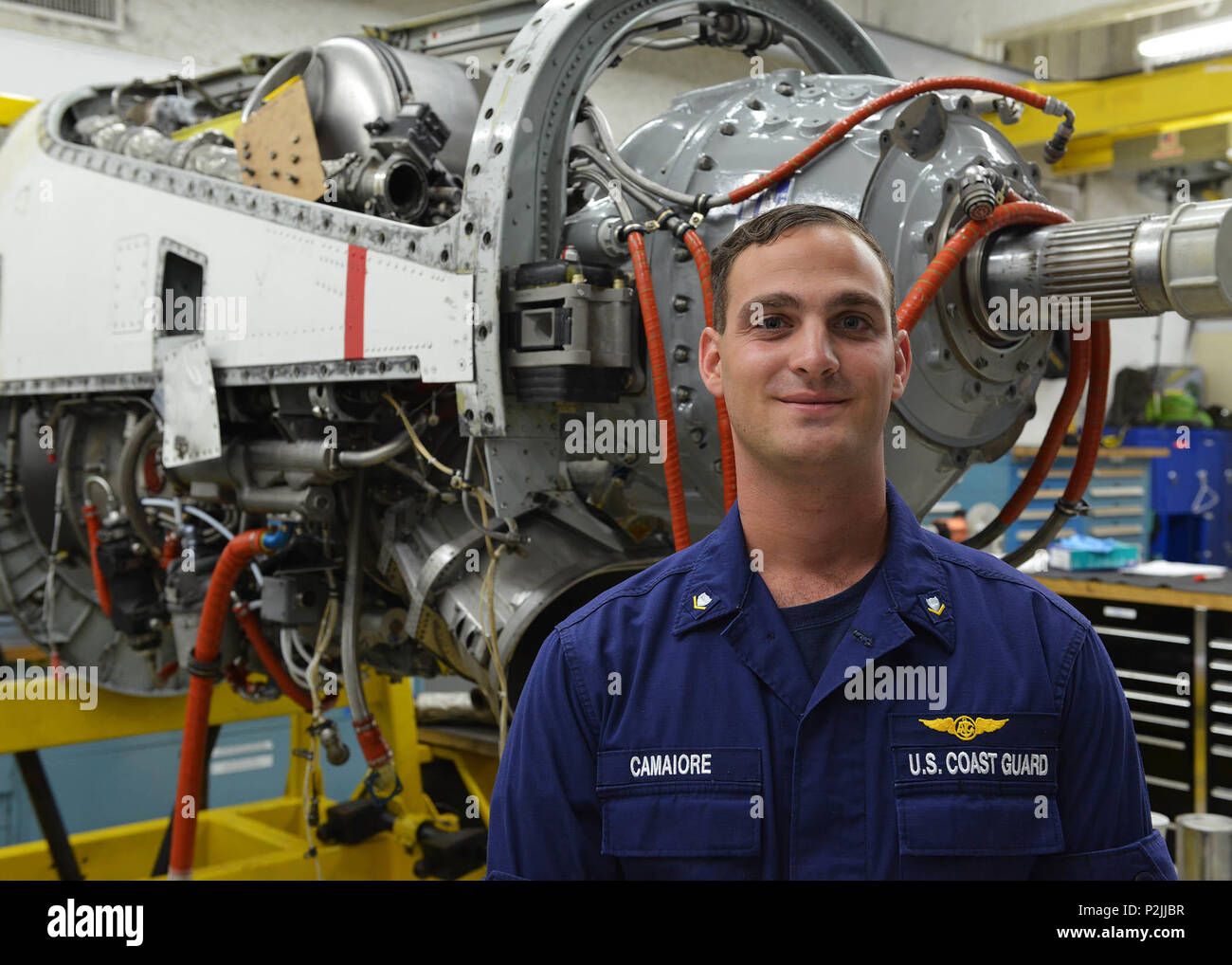
Let's see...I'm a Primary Quality Assurance Inspector, so I might be inspecting the work performed on the aircraft by the other mechanics throughout the day or, if I am the ready Flight Mechanic for the day, I might get launched 250 miles off
shore to pull an injured crew member from a tanker. Since we are a small service we tend to wear many hats at our units. No two days are the same. My name is Adam Sustachek, and I'm from Oceanside, CA.
I am 39 years old and joined the Coast Guard in 1991. I am an Aviation Maintenance Technician First Class (AMT1) and a Flight Mechanic on the Sikorsky MH60 helicopter. As an AMT1 I specialize in maintaining, repairing, and troubleshooting the aircraft's engines, rotary and hydraulic systems, and repairing any damage to the airframe itself.
As a Flight Mechanic I am qualified, as part of the flight crew, to deploy and recover the swimmer from the water, vessel, or land, recover any survivors, and give direction to the pilot while hoisting.
AMTs inspect, maintain, troubleshoot, and repair aircraft mechanical systems, including engines, powertrains, and hydraulics. You'll service structural parts of the aircraft, including fuselages, wings, rotor blades, and flight control surfaces. You'll also fly as an aircrew, performing duties like loadmaster, dropmaster, or helicopter flight mechanic.
AMTs are typically assigned to Coast Guard air stations. Two years after graduating from high school I felt lost. I had held several different jobs from dishwasher to deli worker to security guard and attempted college but nothing felt fulfilling.

I started to party quite a bit and realized I needed to get my butt in gear. I looked at different services but finally settled on the Coast Guard when my dad brought it up and took me to the recruiter.
This was during Desert Storm, and I liked the idea of saving lives instead of taking them. The Coast Guard offers you the chance to learn, lead, and launch a great career. You'll get specialized training in fields like law enforcement, environmental science, engineering, healthcare, and more—plus benefits like tuition assistance, 30 days of paid vacation annually, and medical, dental, and vision care.
Once again we return to our So You Want My Job series, in which we interview men who are employed in desirable jobs and ask them about the reality of their work and for advice on how men can live their dream.
Being part of the U.S. Coast Guard Search and Rescue team was the start of the most interesting job that he would ever have. Throughout his service, Kraft was involved in well over 2,000 rescues. Through his career in the military, Kraft had a habit of volunteering for missions and positions most people would not.
He was deployed around the globe and enjoyed every minute of the opportunities he maintained and the opportunities he had flying multiple aircraft such as the HH52A Sikorsky, MH65C Dolphin, and HU25 Falcon Jet.
coast guard flight mechanic, coast guard aet vs amt, coast guard amt, uscg amt, coast guard amt school, amt mechanic